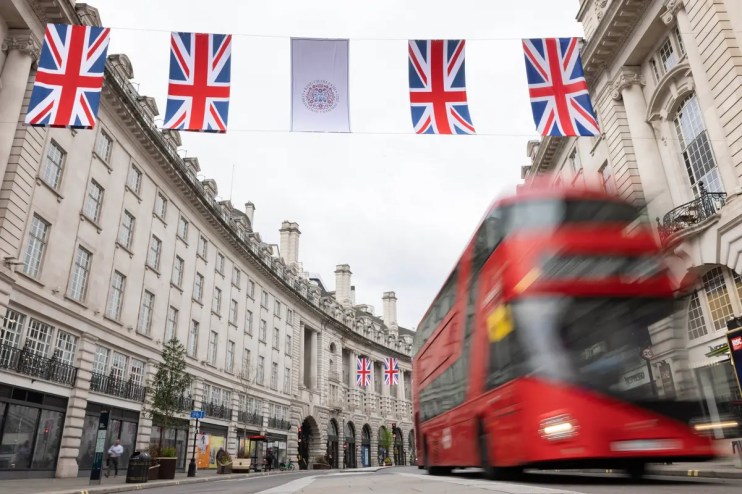West End: Tourist tax ‘disadvantage’ costs retailers hundreds of millions

Retail business in London missed out on a projected £220m in the first half of 2024 due to the ongoing effect of the so-called tourist tax, despite continued growth in international visitor numbers.
The number of international visitors to London was three per cent above pre-pandemic levels, but spending in the West End fell nearly 12 per cent in the first half of the year versus 2019, according to data from New West End.
Under the scheme, which then-chancellor Rishi Sunak scrapped at the beginning of 2021, visitors could reclaim the VAT paid on their purchase, 20 per cent of the purchase price.
Retail businesses and a host of airports have since pleaded for the government to reinstate the tax break, with wealthy international shoppers choosing to splash their cash elsewhere.
In comparison, international spending in continental Europe has risen sharply since 2019, up by 36 per cent in the first half of 2024 versus 2019, according to data from Global Blue.
Chief executive of the New West End Company Dee Corsie said that reinstating tax-free shopping in London was a “golden opportunity” to return the country to growth.
“It is bittersweet for the West End that, whilst London remains a highly desirable global travel destination, the absence of tax-free shopping continues to act as a drag on overall spending growth.
“Critically, the loss of £400m in unrealised sales last year in the West End alone is just a small part of this story; fewer sales on the shop floor means fewer tourists in restaurants and hotels, and a knock-on impact on our entire tourism ecosystem,” she added.
There has also been a rise in visitors who travel to London, find their chosen purchase, and then travel to a different European city to buy the product.
Tourist tax an ‘economic own goal’
Earlier this month, Kurt Geiger boss Neil Clifford said the UK was “shooting itself in the foot” by not bringing back tax-free shopping.
“It really affected London, but actually right across the UK we saw that negative impact almost immediately. It is still having a massively negative effect,” Clifford said.
Research last year showed that removing the tourist tax could generate £4.1bn annually for the UK economy.
“The tourist tax is an economic own goal. Re-introducing the VAT reclaim scheme would boost UK’s flatlining economy through increased spending from international visitors in our shops, restaurants, hotels and more,” John Dickie, chief executive at BusinessLDN, said at the time.
“It would help to increase the number of international tourists who visit London and the United Kingdom, which in turn will provide a much-needed boost to businesses and high streets across the country – while providing billions of pounds to the Treasury each year,” Khan has said.
